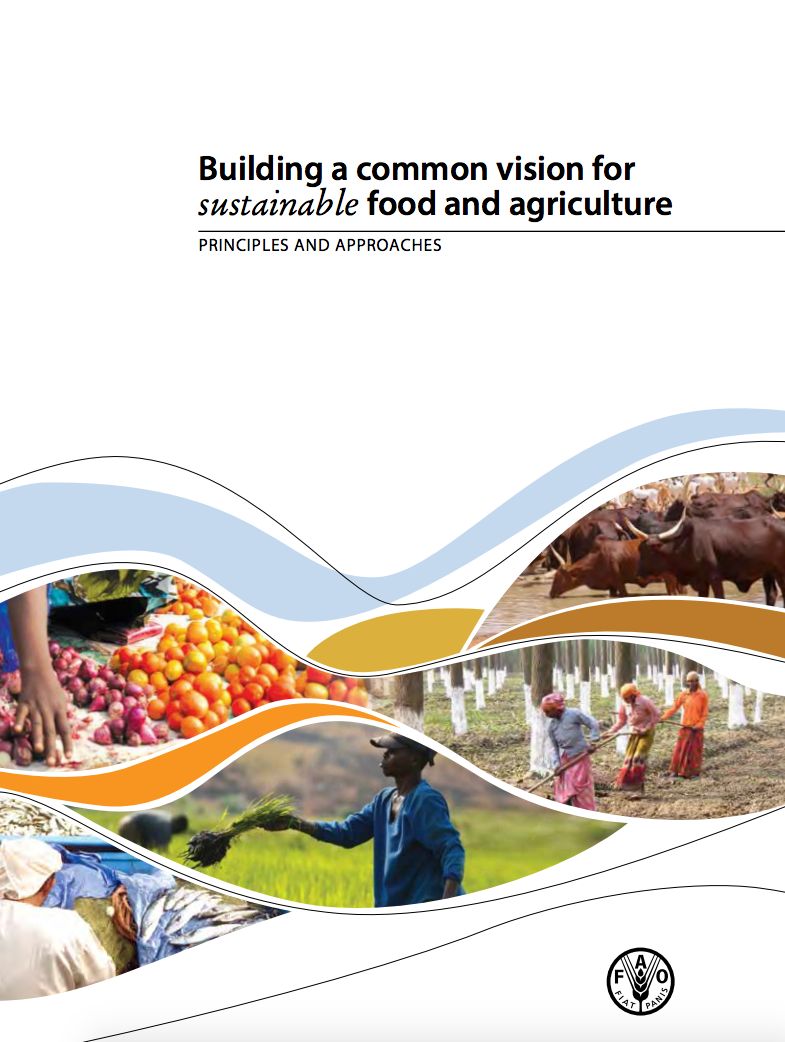[Bulletin of Agrarian Science of the Cis-Black Sea Region]
The present e-collection of scientific works deals with results of research on issues of economy, agrarian and engineering sciences studied by researchers, post-graduate students, magisters and students of Mykolayiv State Agrarian Univ. and other educational establishments of the Ministry of Agrarian Policy of Ukraine are elucidated. The issue comprises 30 scientific papers, distributed by three sections, in particular Economic sciences (18 papers), Agricultural sciences (10) and Engineering sciences (2 papers), and, what is important, except the Ukrainian-language contents (pp.


